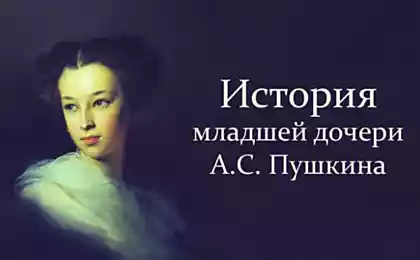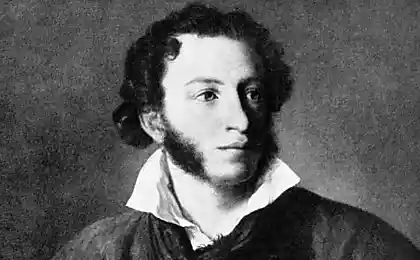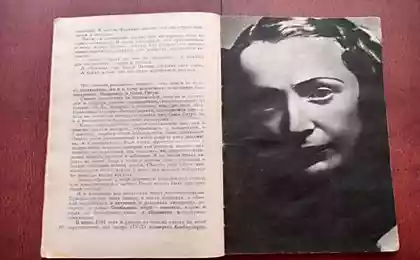175
Life of Natalia Goncharova
August 27 (September 8) 1812 was born Natalia Goncharova – a woman who was destined to become the love of life for the great Russian poet Alexander Pushkin.
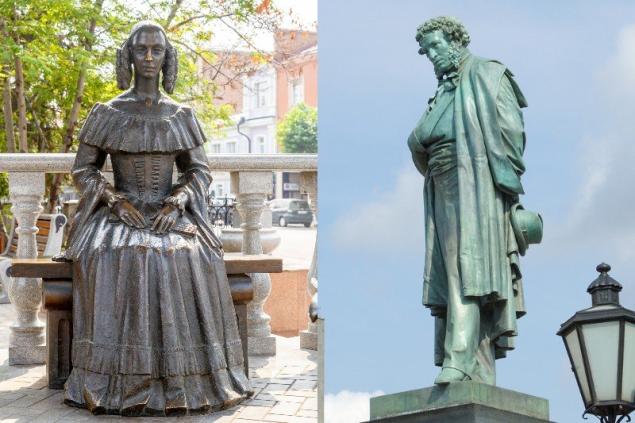
The personality of Natalia Nikolaevna has always caused and causes extremely contradictory assessments: she is called both an evil genius who destroyed the “sun of Russian poetry” and a slandered victim. At the same time, they are judged, as a rule, by 6 years spent in marriage with Pushkin.
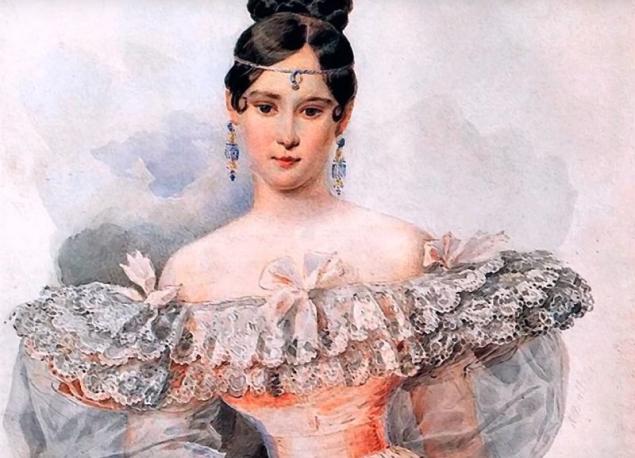
However, the next 27 years of her life, which are not often mentioned in literature classes, allow us to appreciate the image of the fatal social beauty from a completely different angle.
In her 25 years, Goncharova found herself in a desperate situation: a widow and mother of four young children (the eldest, Maria, was not even five) without solid material support and a place in society, pursued by a series of secular gossip, gossip and accusations.
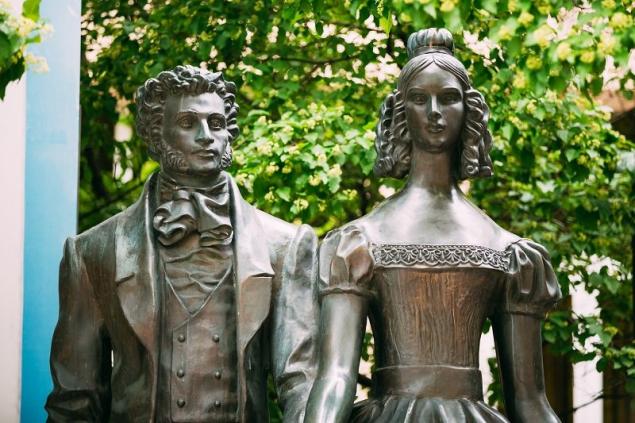
A friend of the Pushkins, Daria Fyodorovna Fikelmon, wrote then: “The unfortunate wife was saved with great difficulty from the madness into which she seemed irresistibly drawn by gloomy and bitter despair.”
 71
71
Those days. widow He often remembers the weighty Moscow February 1831 and the wedding in the Church of the Great Ascension on Nikitskaya Street, where Pushkin drops the wedding ring, bends down to lift, and the candle in his left hand goes out, and the cross and the Gospel fall from the affected analoy.
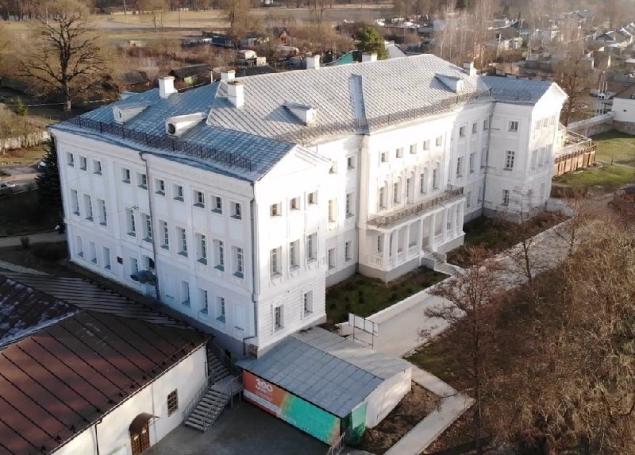
To stay in the capital, where everything reminded her husband, Goncharova could not. She wanted to see only close people who could understand and share her grief. Therefore, from St. Petersburg, she and her children went to the Kaluga estate of the Plant, where her mother and brother lived.
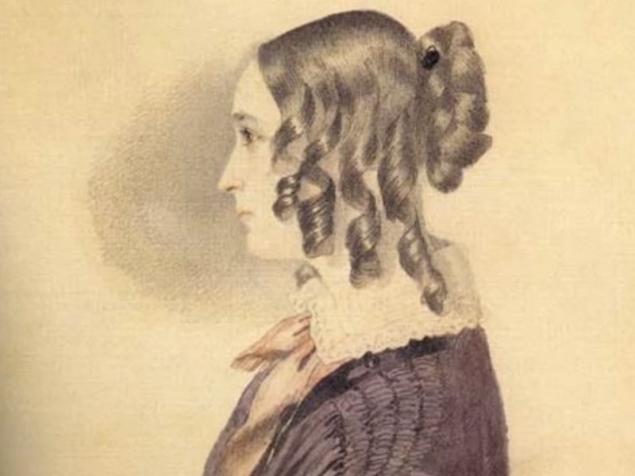
After the capital’s brilliance, this life at first seemed boring and monotonous, but eventually it began to bring relief: “Sometimes such anguish covers me that I feel the need for prayer. These moments of focus in front of the icon, in the most secluded corner of the house, bring me relief. Then I regain the peace of mind that was often mistaken for coldness and reproached for it.”
As Pushkin bequeathed, Natalia wore mourning for two years, and then returned to St. Petersburg, but was in no hurry to appear in society. Secular fuss now burdened her, and most of the time the woman preferred to devote to children.
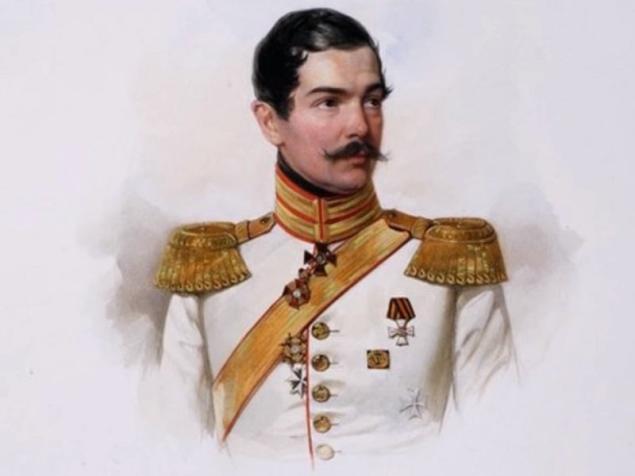
Rich and titled suitors repeatedly get married to her, but are refused: none of them are ready to accept her four children. When she is offered to arrange them in prestigious educational institutions away from home, she replies: “Who is a burden to my children, is not my husband.”
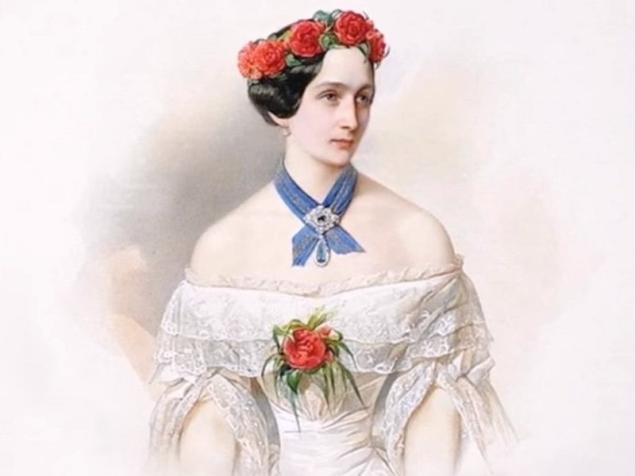
The most decent person, about whom her dying husband told her, Pushkin’s widow met only after 7 years. Her chosen one was poor, but sincerely loving her Lieutenant General Peter Lanskoy, a colleague of her brother. At the time, she was 32 years old and he was 45.
This union was much happier than the first. General Lanskoy Was not such a prominent figure as Pushkin, so willing to breed around gossip decreased. Petrovich loved Pushkin’s children as his own, and three more daughters were born in marriage: Alexandra, Elizabeth and Sofia.
Natalia Nikolaevna gladly took part in the upbringing of children and often looked after the children of friends who came to Lansky to stay. "My calling is to be the director of a children's shelter," she wrote to Lansky. God sends me children from all sides.
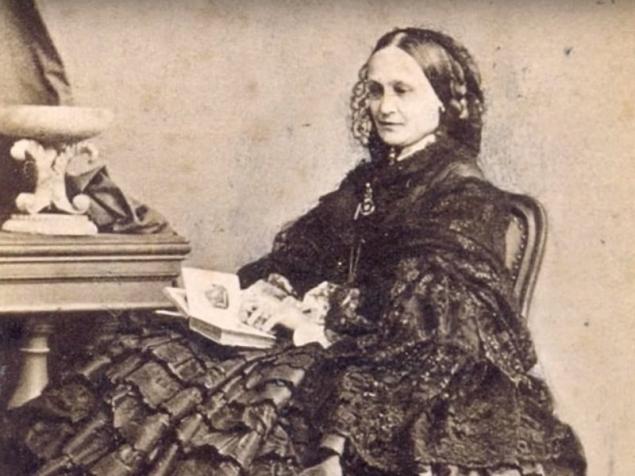
In her last years, Natalia Lanskaya stopped going out into the world, was often sick and died at the age of 52. Peter Lanskoy survived his wife for 14 years. All the children of Pushkin Lansky tried to give an excellent education.
The eldest son Alexander rose to the rank of lieutenant general. Gregory retired as a lieutenant colonel, preferring a quiet family life on the estate. Mary was a lady-in-waiting of the imperial court, then married Major-General Gartung. The youngest daughter Natalia received the title of Countess of Merenberg, and her son married the daughter of Emperor Alexander II.

The personality of Natalia Nikolaevna has always caused and causes extremely contradictory assessments: she is called both an evil genius who destroyed the “sun of Russian poetry” and a slandered victim. At the same time, they are judged, as a rule, by 6 years spent in marriage with Pushkin.

However, the next 27 years of her life, which are not often mentioned in literature classes, allow us to appreciate the image of the fatal social beauty from a completely different angle.
In her 25 years, Goncharova found herself in a desperate situation: a widow and mother of four young children (the eldest, Maria, was not even five) without solid material support and a place in society, pursued by a series of secular gossip, gossip and accusations.

A friend of the Pushkins, Daria Fyodorovna Fikelmon, wrote then: “The unfortunate wife was saved with great difficulty from the madness into which she seemed irresistibly drawn by gloomy and bitter despair.”
 71
71Those days. widow He often remembers the weighty Moscow February 1831 and the wedding in the Church of the Great Ascension on Nikitskaya Street, where Pushkin drops the wedding ring, bends down to lift, and the candle in his left hand goes out, and the cross and the Gospel fall from the affected analoy.

To stay in the capital, where everything reminded her husband, Goncharova could not. She wanted to see only close people who could understand and share her grief. Therefore, from St. Petersburg, she and her children went to the Kaluga estate of the Plant, where her mother and brother lived.

After the capital’s brilliance, this life at first seemed boring and monotonous, but eventually it began to bring relief: “Sometimes such anguish covers me that I feel the need for prayer. These moments of focus in front of the icon, in the most secluded corner of the house, bring me relief. Then I regain the peace of mind that was often mistaken for coldness and reproached for it.”
As Pushkin bequeathed, Natalia wore mourning for two years, and then returned to St. Petersburg, but was in no hurry to appear in society. Secular fuss now burdened her, and most of the time the woman preferred to devote to children.

Rich and titled suitors repeatedly get married to her, but are refused: none of them are ready to accept her four children. When she is offered to arrange them in prestigious educational institutions away from home, she replies: “Who is a burden to my children, is not my husband.”

The most decent person, about whom her dying husband told her, Pushkin’s widow met only after 7 years. Her chosen one was poor, but sincerely loving her Lieutenant General Peter Lanskoy, a colleague of her brother. At the time, she was 32 years old and he was 45.
This union was much happier than the first. General Lanskoy Was not such a prominent figure as Pushkin, so willing to breed around gossip decreased. Petrovich loved Pushkin’s children as his own, and three more daughters were born in marriage: Alexandra, Elizabeth and Sofia.
Natalia Nikolaevna gladly took part in the upbringing of children and often looked after the children of friends who came to Lansky to stay. "My calling is to be the director of a children's shelter," she wrote to Lansky. God sends me children from all sides.

In her last years, Natalia Lanskaya stopped going out into the world, was often sick and died at the age of 52. Peter Lanskoy survived his wife for 14 years. All the children of Pushkin Lansky tried to give an excellent education.
The eldest son Alexander rose to the rank of lieutenant general. Gregory retired as a lieutenant colonel, preferring a quiet family life on the estate. Mary was a lady-in-waiting of the imperial court, then married Major-General Gartung. The youngest daughter Natalia received the title of Countess of Merenberg, and her son married the daughter of Emperor Alexander II.

